 Jim Argue
Jim Argue
Entry Category: Government and Politics
 Jim Argue
Jim Argue
Arkansas Advocates for Children and Families
Arkansas Anti-Saloon League
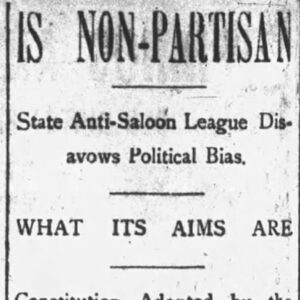 Arkansas Anti-Saloon League Article
Arkansas Anti-Saloon League Article
Arkansas Association for the Deaf
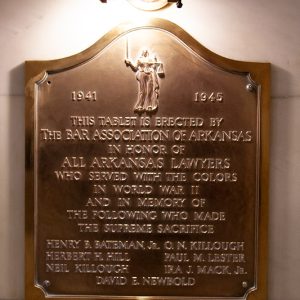 Arkansas Bar Association Veterans Memorial
Arkansas Bar Association Veterans Memorial
Arkansas Centennial Commemorative Half Dollars
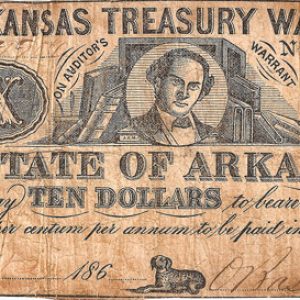 Arkansas Civil War Currency
Arkansas Civil War Currency
Arkansas Colored Auxiliary Council of Defense
Arkansas Constitutions
aka: Constitutions of Arkansas
Arkansas Council of Defense
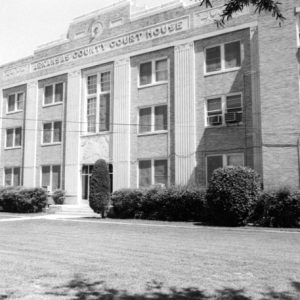 Arkansas County Courthouse, Southern District
Arkansas County Courthouse, Southern District
Arkansas Creed
Arkansas Department of Agriculture (ADA)
Arkansas Department of Commerce
Arkansas Department of Corrections
Arkansas Department of Energy and Environment (ADEE)
Arkansas Department of Finance and Administration (ADFA)
Arkansas Department of Health (ADH)
Arkansas Department of Human Services (ADHS)
Arkansas Department of Labor and Licensing (ADLL)
Arkansas Department of Public Safety (ADPS)
Arkansas Department of the Inspector General
Arkansas Department of Transformation and Shared Services
Arkansas Department of Transportation
Arkansas Department of Veterans Affairs (ADVA)
Arkansas Division of Aeronautics (ADA)
Arkansas Division of Career and Technical Education (ADCTE)
Arkansas Division of Community Correction (ADCC)
Arkansas Division of Higher Education
Arkansas Division of Information Systems (DIS)
Arkansas Division of Rural Services
Arkansas Division of Workforce Services (ADWS)
Arkansas Ethics Commission
Arkansas Fair Housing Commission
 Arkansas Farm Family of the Year, 1977
Arkansas Farm Family of the Year, 1977
Arkansas Forestry Commission
Arkansas Freedom of Information Act
aka: Freedom of Information Act
aka: FOIA
Arkansas Game and Fish Commission
Arkansas Game and Fish Commission State Fish Hatcheries
Arkansas General Assembly
aka: State Legislature
aka: Arkansas State Legislature
aka: General Assembly
aka: Arkansas House of Representatives
aka: Arkansas Senate
aka: Arkansas Legislature
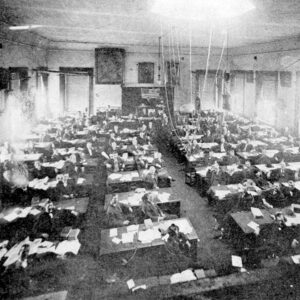 Arkansas General Assembly, 1909
Arkansas General Assembly, 1909
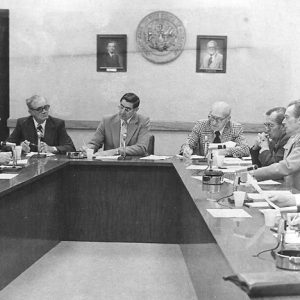 Arkansas General Assembly, 1979
Arkansas General Assembly, 1979




